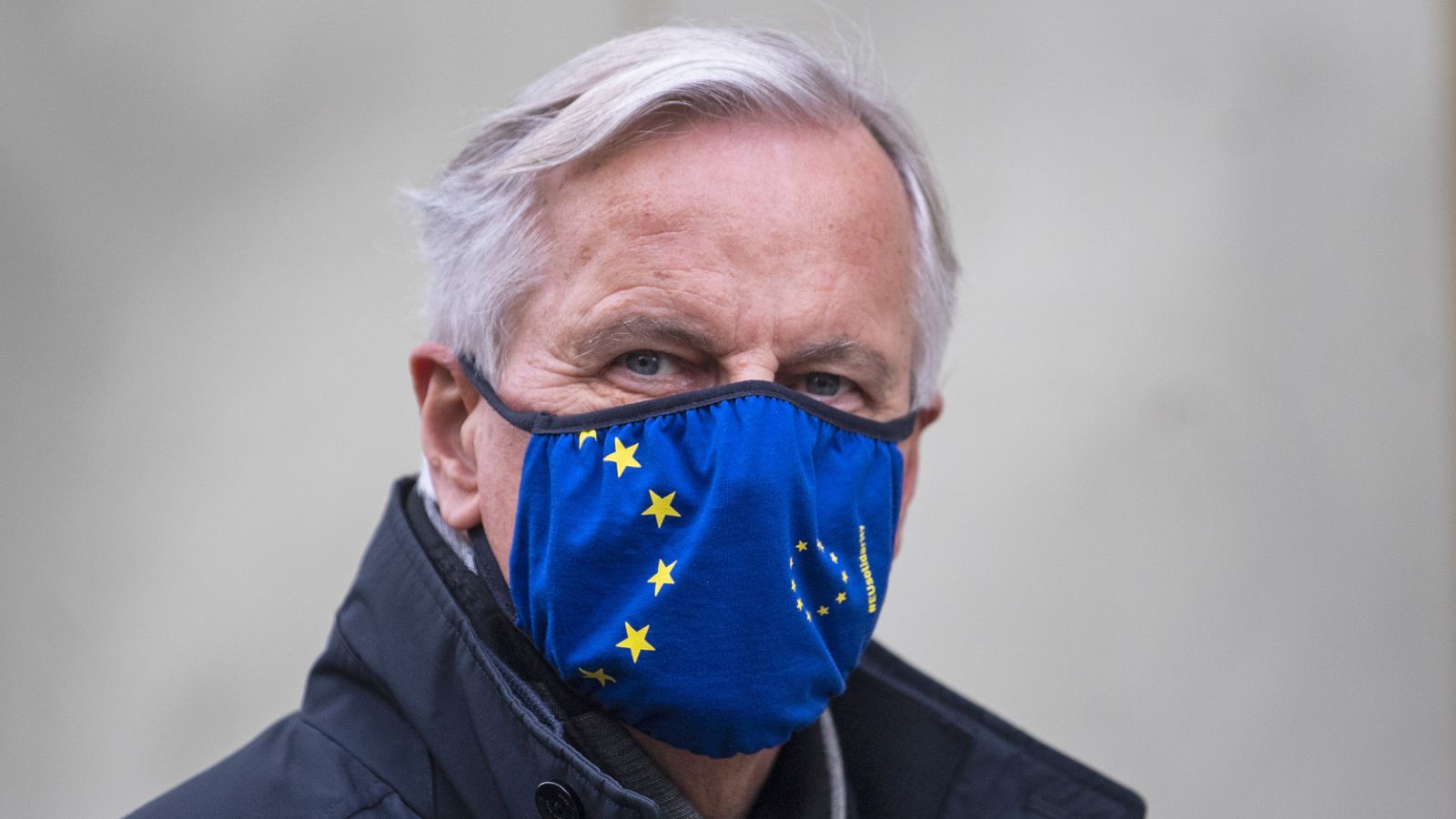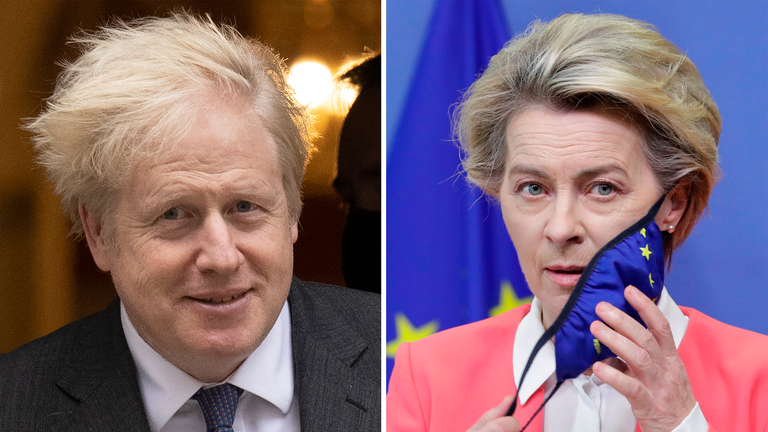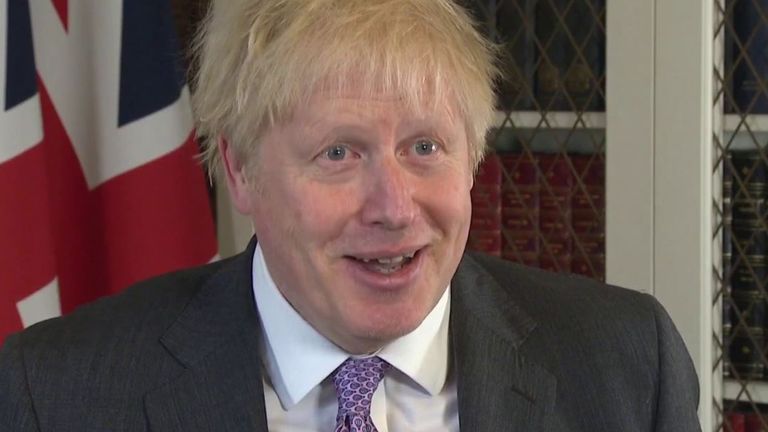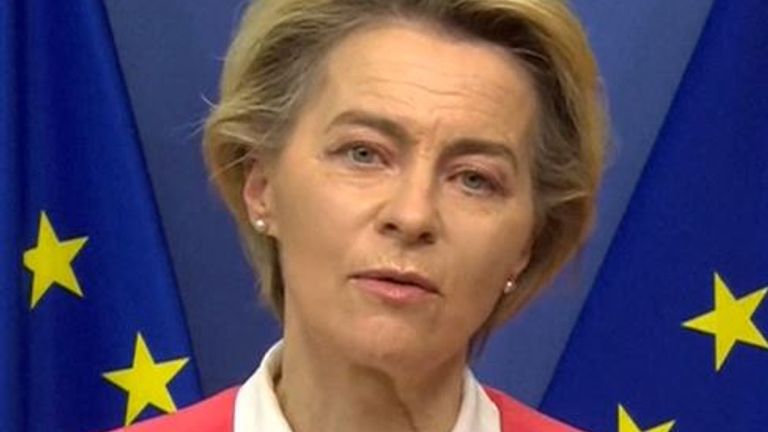There has been some progress in one area of the Brexit talks but disagreements remain on other issues, EU negotiator Michel Barnier has reportedly said.
A senior EU diplomat, cited by the Reuters news agency, said the bloc’s chief negotiator had told ambassadors there has been “limited” progress on agreeing an enforcement mechanism to ensure both sides stick to the terms of any Brexit agreement.
But they said there were still differences on state aid and fisheries, with the two sides having moved further apart on the latter.
Mr Barnier was said to be “guarded” about the prospects of striking a trade deal before the end of the transition period on 31 December, while an EU diplomat told Reuters that their main takeaway from the briefing was: “Patient still alive… but keep the undertaker on speed dial.”
Britain left the EU at the end of January and entered into an 11-month transition period, following EU rules and regulations whilst trying to negotiate a free trade deal.
The two teams have been attempting to thrash out an agreement ahead of that deadline, although negotiations have continued to remain stuck on a number of issues.
The EU and UK have agreed to “go the extra mile” and continue discussions on a trade deal ahead of the end of the transition.
Prime Minister Boris Johnson and European Commission President Ursula von der Leyen released a joint statement following what they called a “useful” phone call on Sunday.
Mr Johnson and Ms von der Leyen said they “discussed the major unresolved topics” and that “despite the exhaustion” of many months of talks and multiple missed deadlines, it was “responsible” to keep trying to break the deadlock.
Business Secretary Alok Sharma told Sky News: “The state of the negotiations is, as the prime minister said yesterday, is that we will continue discussing.
“We are of course apart on certain matters, but as the PM said, we don’t want to walk away from these talks.”
Mr Sharma added that any deal “has to respect the fact that we are a sovereign country, an independent country and that’s the basis on which we will do a deal if there is a deal to be done”.
Speaking on Sunday, the PM said: “We’re still very far apart on some key issues… but we’re going to keep talking to see what we can do.”
But Mr Johnson continued to warn that a no-deal Brexit was still the most likely scenario.
He said the UK should get ready for the breakdown of talks, resulting in tariffs under World Trade Organisation (WTO) terms from 1 January – a move that is predicted to cost jobs, cause food prices to rise and wipe £45bn off the economy.
Speaking to Sky News, the Irish Prime Minister Micheal Martin remained optimistic.
“I do not understate the difficulties and the challenges that face both sets of negotiators,” he said. “But in my view if there’s a will there’s a way, and I think it’s very important that they do everything they can do to get a deal over the line.”



